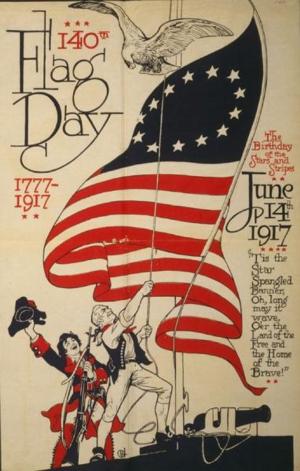| Author: | George Cary Eggleston | ISBN: | 9781465554840 |
| Publisher: | Library of Alexandria | Publication: | March 8, 2015 |
| Imprint: | Language: | English |
| Author: | George Cary Eggleston |
| ISBN: | 9781465554840 |
| Publisher: | Library of Alexandria |
| Publication: | March 8, 2015 |
| Imprint: | |
| Language: | English |
Mr. Pagebrook gets up and calls an Ancient Lawgiver. Mr. Robert Pagebrook was "blue." There was no denying the fact, and for the first time in his life he admitted it as he lay abed one September morning with his hands locked over the top of his head, while his shapely and muscular body was stretched at lazy length under a scanty covering of sheet. He was snappish too, as his faithful serving man had discovered upon knocking half an hour ago for entrance, and receiving a rather pointed and wholly unreasonable injunction to "go about his business," his sole business lying just then within the precincts of Mr. Robert Pagebrook's room, to which he was thus denied admittance. The old servant had obeyed to the best of his ability, going not about his business but away from it, wondering meanwhile what had come over the young gentleman, whom he had never found moody before. "MR. ROBERT PAGEBROOK WAS 'BLUE.'" It was clear that Mr. Robert Pagebrook's reflections were anything but pleasant as he lay there thinking, thinking, thinking—resolving not to think and straightway thinking again harder than ever. His disturbance was due to a combination of causes. His muddy boots were in full view for one thing, and he was painfully conscious that they were not likely to get themselves blacked now that he had driven old Moses away. This reminded him that he had showed temper when Moses's meek knock had disturbed him, and to show temper without proper cause he deemed a weakness. Weaknesses were his pet aversion. Weakness found little toleration with him, particularly when the weakness showed itself in his own person, out of which he had been all his life chastising such infirmities. His petulance with Moses, therefore, contributed to his annoyance, becoming an additional cause of that from which it came as an effect
Mr. Pagebrook gets up and calls an Ancient Lawgiver. Mr. Robert Pagebrook was "blue." There was no denying the fact, and for the first time in his life he admitted it as he lay abed one September morning with his hands locked over the top of his head, while his shapely and muscular body was stretched at lazy length under a scanty covering of sheet. He was snappish too, as his faithful serving man had discovered upon knocking half an hour ago for entrance, and receiving a rather pointed and wholly unreasonable injunction to "go about his business," his sole business lying just then within the precincts of Mr. Robert Pagebrook's room, to which he was thus denied admittance. The old servant had obeyed to the best of his ability, going not about his business but away from it, wondering meanwhile what had come over the young gentleman, whom he had never found moody before. "MR. ROBERT PAGEBROOK WAS 'BLUE.'" It was clear that Mr. Robert Pagebrook's reflections were anything but pleasant as he lay there thinking, thinking, thinking—resolving not to think and straightway thinking again harder than ever. His disturbance was due to a combination of causes. His muddy boots were in full view for one thing, and he was painfully conscious that they were not likely to get themselves blacked now that he had driven old Moses away. This reminded him that he had showed temper when Moses's meek knock had disturbed him, and to show temper without proper cause he deemed a weakness. Weaknesses were his pet aversion. Weakness found little toleration with him, particularly when the weakness showed itself in his own person, out of which he had been all his life chastising such infirmities. His petulance with Moses, therefore, contributed to his annoyance, becoming an additional cause of that from which it came as an effect















